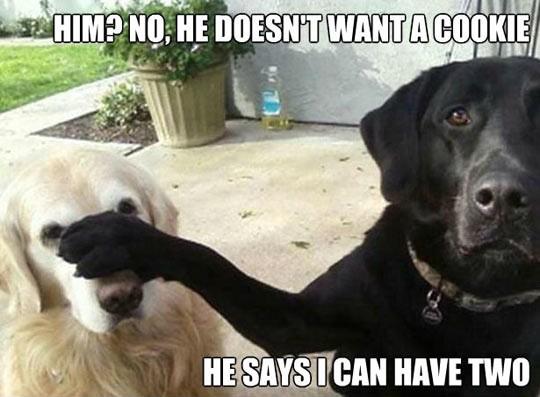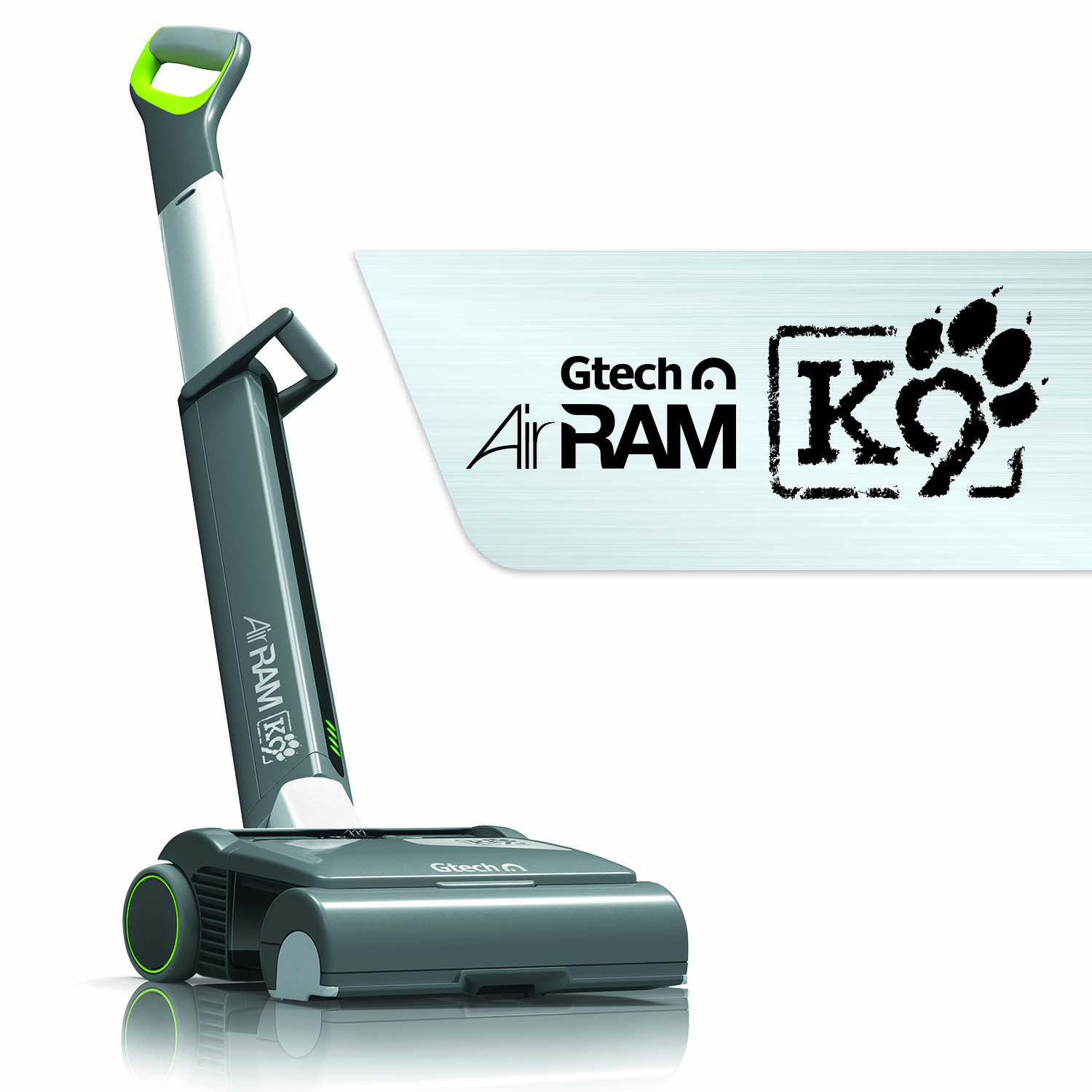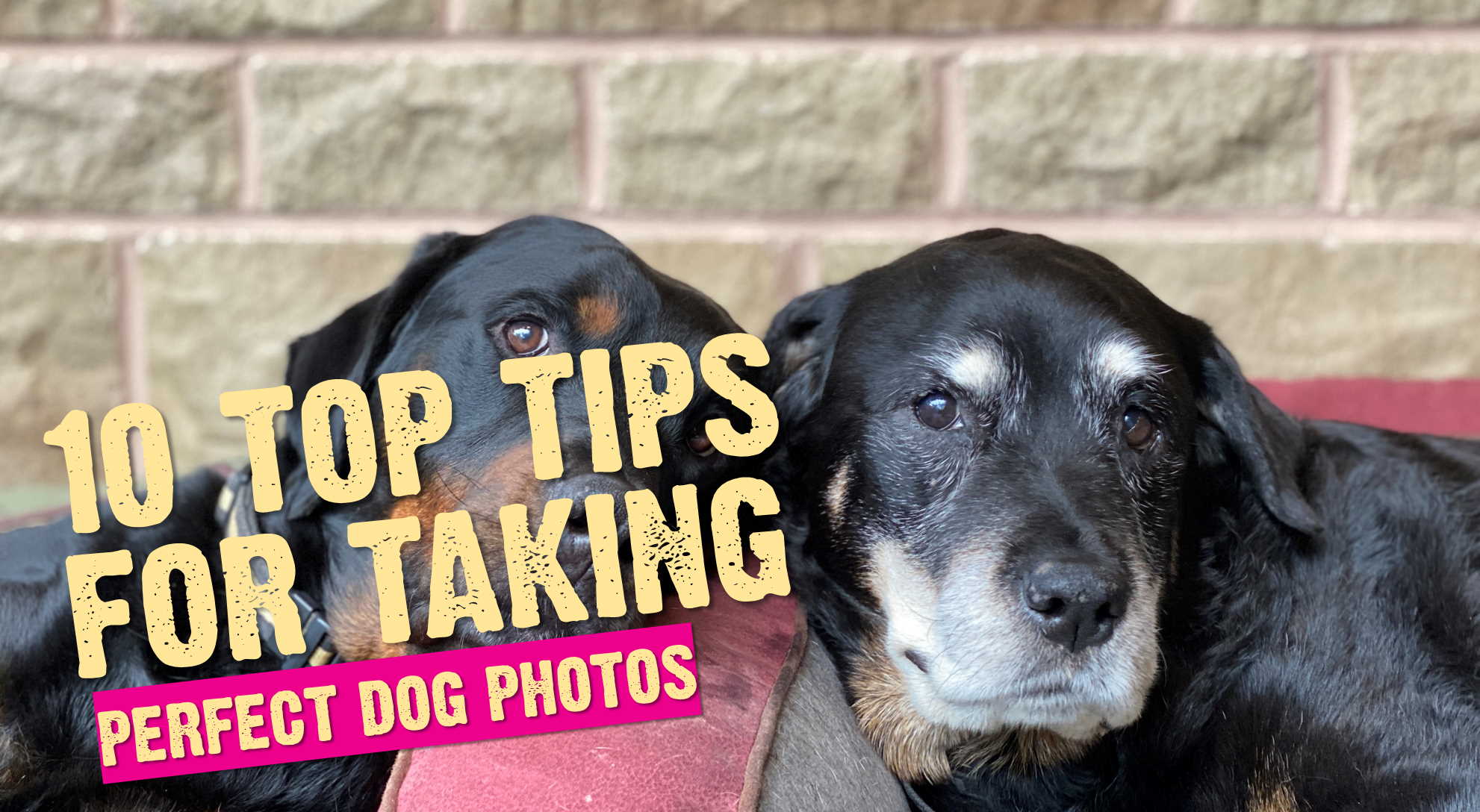Knowing what is best for your dog as far as first aid goes is an important part of dog health care! There might be times when you do not have access to an emergency health care center or time to take your dog in a car. This is not a substitute for treatment, however in a pinch, it is helpful to know how to stabilize your dog.
First Aid For Dogs
Number 1) You should NEVER give your dog human medicine. Your medicine is supposed to be for you, not your pet. This can cause very serious side effects and cause your dog’s health in a very negative way. You might end up giving your dog an overdose, and, in fact, non-steroidal anti-inflammatory drugs, such as ibuprofen, are a leading cause of death in dogs.
Do not give your pet any human medication. Always consult with your doctor prior to giving your dog any medication.
Number 2) Know the top items that can poison your dog and keep them away from your dog. Medicine is number 1, and we have already covered that. Beyond that, there are other items that are common household items you should be aware of. Pesticides such as rat poisons might attract your dog. Insecticides or pesticides outside your home, on the lawn, might be eaten by your dog.
They can cause internal bleeding and breathing difficulties. There are many common food items included in this list as well: chocolate, onions and garlic, alcohol, grapes, avocados, and raisins are all problematic. Know that typical responses to poison are dilated pupils, difficulty breathing, muscle tremors, and a swollen abdomen. The final category to consider is household and garden plants.
Often, you might not think that they would be a problem, however, the truth is that they are very frequently toxic. So keep the plants away from your dog as well.
[Further reading: Essential first aid for dogs]
Number 3) Know what you need to do to bandage your dog if he or she gets a small wound. If your dog needs to be bandaged for a small wound, you will need cotton and gauze, adhesive bandages, and household sticky tape. Clean and disinfect the wound, place a pad on it, and then layer the wound with a gauze bandage. Follow this with a layer of tape and check for proper pressure.
Make sure that you check your dog’s bandages regularly and change them on schedule. The bandages need to be clean and you should protect them when your dog goes outside by covering them with plastic bags.
Number 4) Know the common dog injuries and how to treat them. Common dog injuries include, but are not limited to: paw injuries, dog tail injuries, and dog spinal injuries. If your dog might have a spinal injury, it is very important that you act with caution.
Do not move the dog until you are certain of the extent of the injuries. Dog tail injuries occur frequently, as dogs can get their tails caught in lots of different places. Pus indicates that the wound is infected, and needs to be treated professionally. Lastly, paw injuries are very common and if infected, must also be treated by a vet.
Get Our BEST Dog Magazine Content
Enter your email and never miss out on receiving our best articles:
Enter your email and never miss out on receiving our best articles:








1 comment
Hi, this is a great article. Agreed you should NEVER give people medicine to dogs! There are a surprising number of people out there that think this practice is okay. I cannot believe people would actually do this. Thanks for sharing this post.
Dr Laverne